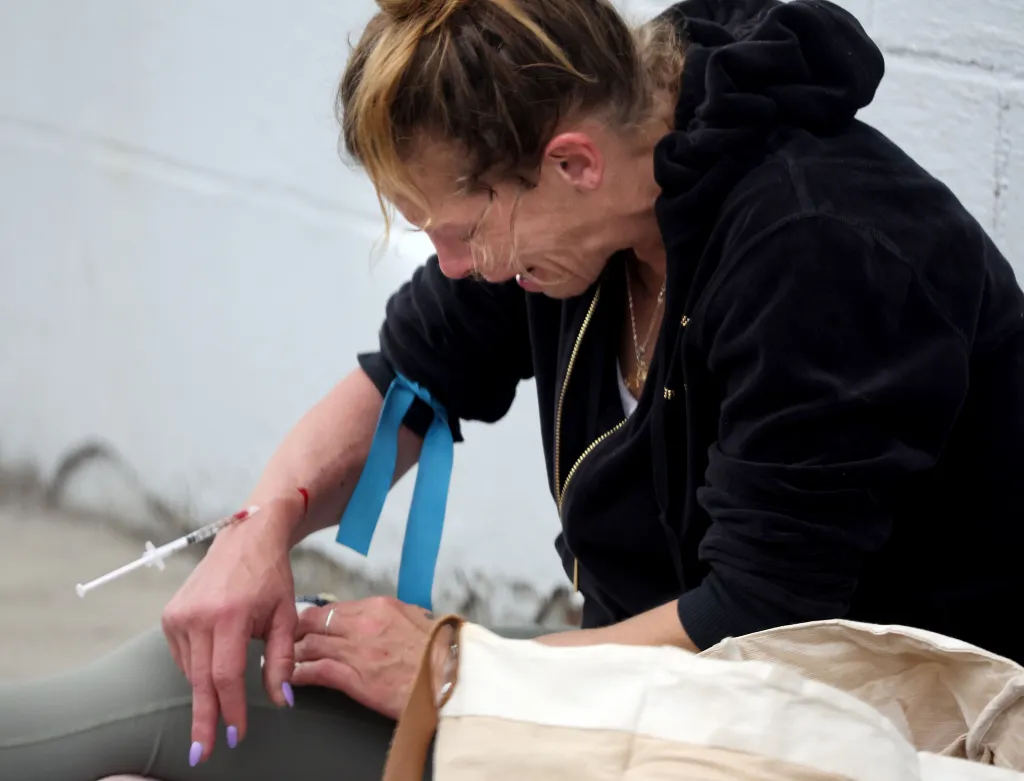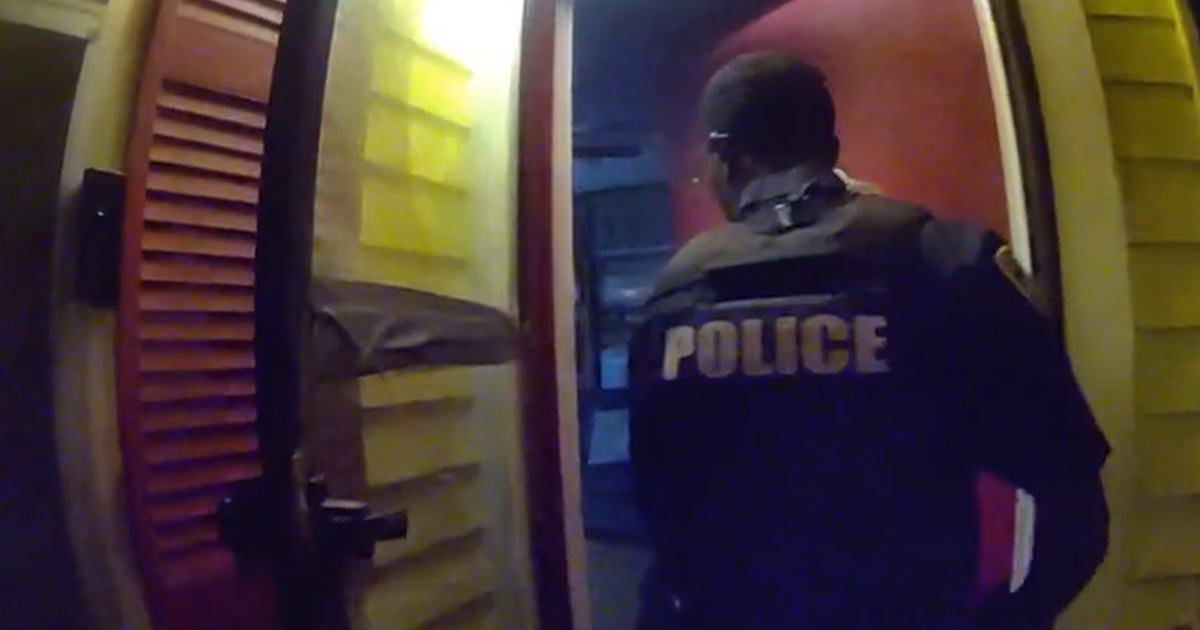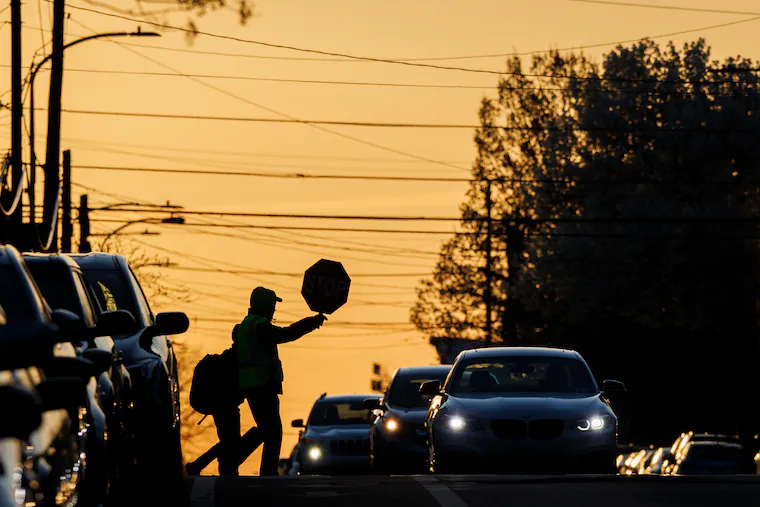
The Boston City Council struck down a resolution opposing safe injection sites, with proponents rejecting notions that legalizing such centers would incentivize addicts to shoot up and saying that they would help to prevent fatal drug overdoses.
The left-leaning City Council voted 8-3 Wednesday to oppose a resolution put forward by three moderate councilors, Ed Flynn, Erin Murphy and John FitzGerald, who were asking the body to come out in opposition to state legislation, debated last week on Beacon Hill, that would provide a pathway for cities and towns to establish safe injection sites.
“It is unconscionable that just weeks after we held a hearing in the South End, where nearly 200 neighbors and small businesses shared their lived experiences near Mass and Cass — public drug dealing, public drug use, human trafficking, break-ins and sleeping in people’s homes and cars, and trespassing in backyards — that we’d even consider safe injection sites,” Flynn said.
“Residents all week continue to write to me about their experiences in Philadelphia,” he added. “It’s been a disaster there. The City Council banned supervised injection sites, 13-1.”
Flynn joined his co-sponsors Murphy and FitzGerald in casting the only ‘yes’ votes for the resolution, with eight progressive councilors voting in opposition.
In pushing for their resolution, the three councilors argued that bringing safe injection sites would incentivize addicts to shoot up, rather than seek treatment, and worsen the open-air drug market festering at and around Massachusetts Avenue and Melnea Cass Boulevard, an area known as Mass and Cass.
“Boston already has some of the most extensive harm reduction programs in the country,” Murphy said. “Each year, tens of thousands of syringes and even crack and meth pipe kits are distributed as part of low-threshold outreach. Yes despite this, our neighborhoods are overwhelmed by discarded needles and continued drug activity.
“Expanding this model into sanctioned sites for injection will only deepen the cycle of addiction and further destabilize our communities,” Murphy added. “The answer is not to normalize or incentivize drug use. The answer is to prioritize a recovery campus, expand treatment access, and make sure people struggling with substance use disorder have a real pathway out of addiction.”
The majority of councilors present for the meeting disagreed with the sponsors, and preferred to describe safe injection sites as overdose prevention centers.
“Potentially OPCs prevent overdose deaths, they reduce disease transmission, they connect people to treatment, they lower healthcare costs, and do not increase crime,” Councilor Gabriela Coletta Zapata said. “Boston could save an estimated $4 million annually in downstream healthcare costs.”
Citing academic articles on the topic, Councilor Benjamin Weber said, “Safe injection sites reduce the number of needles on the street because you’re going to a place where you’re using the needle in that place, and they reduce public drug use because you’re using it in this location.”
Health care workers would supervise people using pre-obtained illicit drugs at the facilities, and step in to prevent fatal overdoses. Legal protections would be provided for workers, drug users accessing the facilities, government officials and other stakeholders.
“I think if we’re really trying to help remove needles from the streets and get people to stop using drugs in public, this is one tool in the toolbox,” Weber said.
Noticing the way the wind was blowing before the vote, FitzGerald said he looked forward to working with his colleagues in ensuring that supervised injection sites were spread out across the city, in their respective districts, rather than being targeted in a way that exacerbates the drug market that’s spilled over into the South End, which he represents.
“Would you champion this cause in your own district?” FitzGerald asked councilors who favor safe injection sites. “Because if you do not, all this will do again is centralize the services that are being offered, especially around the area of the South End and my constituents.
“That is what created the problem, is the dearth of services where people now flock to, and we are trying to decentralize it and take a regional approach,” FitzGerald said. “So, if you are on the side that once you formulate your opinion on this, and you do think they’re good, I not only hope, I expect for you all to be the champion in your own districts as well to provide this.”
At a packed City Council meeting on Mass and Cass spillover earlier this month, Boston Public Health Commissioner Bisola Ojikutu said the city hands out more than 80,000 needles per month to drug users, as part of its harm reduction approach.
She credited that approach for reducing fatal overdoses and a cluster of more than 200 HIV cases in the region that are largely tied to Mass and Cass drug injection.



